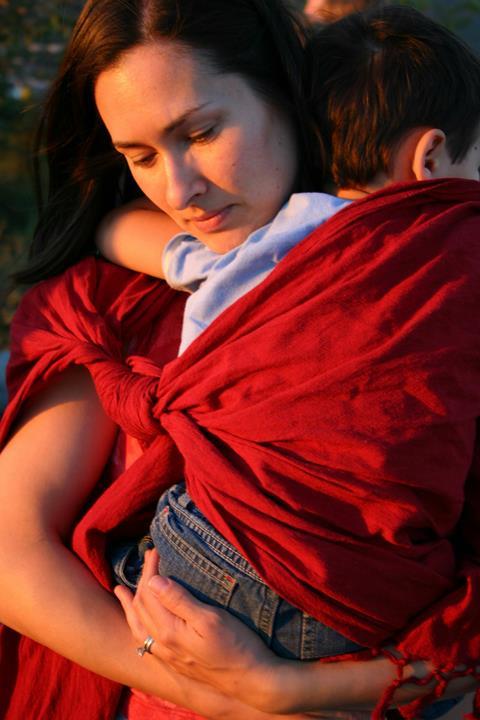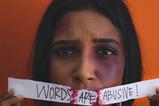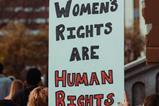As a midwife, Michelle Tant was appalled at the response to a viral video of a woman breastfeeding her toddler and points to Bible references giving credence to its benefits.

This week, in response to a viral video of a USA woman breastfeeding her three-year-old, womenswear designer Karen Millen commented that it was “selfish” and “weird”, going on to say, “there’s no benefit is there, for a child to be breastfed beyond six months” and suggests that it can result in children being addicted to breastfeeding. These were extraordinary and unfounded comments from a person with no background in maternal or child health.
Extended breastfeeding, which in the UK means breastfeeding your child past six months, is a contested term because globally and historically, it’s not uncommon to continue breastfeeding a child for two years and beyond. Breastfeeding is mentioned notably in the Bible when Hannah dedicated her son Samuel to the priesthood once he was ‘weaned’ (1 Samuel 1). It’s highly likely that this was around the age of four or five, for, as most mothers would attest, imagining an elderly priest running around after a two-year-old would be unfathomable! We can also see the benefits of breastfeeding in establishing a secure attachment woven into further scriptures, so if ‘addiction’ in this context means promoting a secure and loving relationship, then many will need to join the nearest Breastfeeders Anonymous group!
It’s an extraordinary food, uniquely tailored for human babies
Nursing is mentioned as a place of trust (Psalm 22:9), compassion (Isaiah 49:15), and of course comfort (Isaiah 66:10-13), none of which can be seen in a negative light. This is mirrored in current research and The World Health Organization recommends that babies are exclusively breastfed for six months and then for two years ‘or more’ as part of their usual diet. The benefits of breastfeeding continue for the whole period, including numerous immune benefits and even accumulative benefits of reducing certain cancers for the mother and child. It’s an extraordinary food, uniquely tailored for human babies.
We should celebrate the athlete who fought for breastfeeding mothers at the Olympics
This all shows that Karen’s opinion isn’t on the side of medicine, history or religion. But even more than that, it has been used to shame mothers; many of whom may have a difficult personal infant feeding story. Breastfeeding versus formula feeding is a subject which often pits women against one another. But the argument always misses the nuance of individual circumstances, and while as a midwife I make no apology for providing information about the benefits of breastfeeding, ultimately women should be supported to feed their babies in the way that they know is best for their situation.
Spreading misinformation to a group of people who are vulnerable to feelings of shame and guilt, as mothers often are, is ungodly
Karen has subsequently apologised but only reiterated that she had taken aim at a particular woman feeding a three-year-old. She said she supported women breastfeeding, but it seems she only had certain women, in certain circumstances in mind when she does so. Spreading misinformation to a group of people who are vulnerable to feelings of shame and guilt, as mothers often are, is ungodly and should be called out in order to correct the information and reduce any harm caused. Women like Karen, who have public platforms, have a great opportunity to demonstrate solidarity and kindness to mothers. The Bible is scattered with great examples of godly women, supporting other women (Ruth and Naomi, and Elisabeth and Mary for example) and those of us who have ‘been there, done that’ have a responsibility to share knowledge and experience lovingly with new mothers, so that they are empowered, and not shamed (Titus 2:4-5).



































